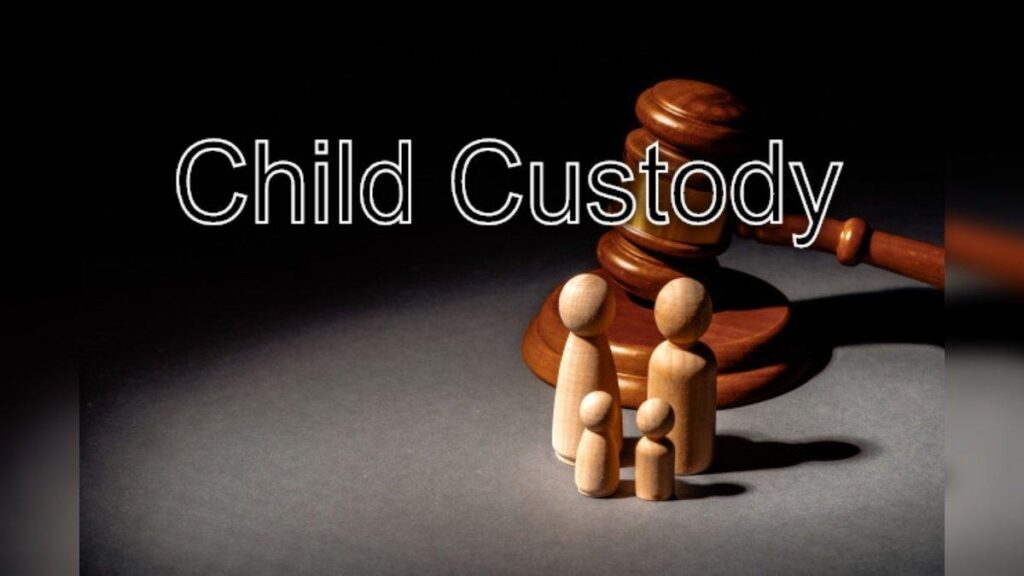Child custody disputes can be emotionally exhausting, and when the situation escalates into a high-conflict case, the stakes become even higher. These cases often involve intense disagreements, communication breakdowns, and disputes over parenting styles, living arrangements, or decision-making authority. In such situations, it’s crucial to approach the process strategically and with the child’s best interests at heart.
Contents
Seek Professional Legal Guidance Early
One of the most important steps in high-conflict custody cases is to involve an experienced child custody lawyer as early as possible. A lawyer can provide objective advice, ensure you understand your rights, and help you build a strong case supported by relevant evidence. They can also serve as a buffer between you and the other party, reducing direct confrontations that may escalate tensions.
Focus on the Child’s Best Interests
Courts prioritize the child’s well-being above all else. This means that your actions, communications, and proposals should consistently demonstrate that you are acting in the child’s best interests. Avoid making the process about personal grievances with the other parent and instead focus on factors such as stability, emotional support, and access to education and healthcare.
Keep Detailed Documentation
In high-conflict cases, documentation can be your strongest ally. Maintain a record of important events, communications, and any incidents that may affect the child’s welfare. This can include emails, text messages, visitation logs, and school or medical records. Clear, organized evidence can help establish a consistent narrative in court.
Communicate Strategically and Respectfully
Even if emotions are running high, it’s important to maintain respectful and clear communication with the other parent. When direct communication isn’t productive, consider using written formats or mediation platforms designed for co-parenting. These tools can help ensure that discussions remain focused on the child’s needs rather than personal conflicts.
Consider Alternative Dispute Resolution
While some high-conflict custody cases inevitably go to court, others can benefit from mediation or collaborative law. These methods allow parents to work through disputes with the help of neutral third parties, often resulting in faster resolutions and less emotional strain for the child.
Take Care of Your Mental and Emotional Well-being
Navigating a high-conflict custody case can take a toll on your mental health. Seeking support from a therapist, counselor, or support group can help you manage stress and maintain a clear perspective. A healthy mindset allows you to make better decisions and remain a stable presence for your child.
Final Thoughts
High-conflict custody battles are challenging, but with the right legal guidance, strategic preparation, and a child-focused approach, you can work toward a resolution that protects your child’s best interests while minimizing emotional harm.
In high-conflict child custody cases, it’s crucial to have a comprehensive plan that addresses both immediate and long-term needs. This often involves not only legal strategies but also financial and estate planning considerations. By ensuring that your estate plans are in order, you can protect your children’s future and provide them with stability. If you’re navigating these complex issues, it might be beneficial to consult with professionals who specialize in both family law and estate planning. To explore your options and see how we can help, consider reaching out to experts who can guide you through this challenging process, ensuring that all aspects of your family’s well-being are addressed.

